W.C. Branham Inc. designs and manufactures custom cylinders and valves for your application. We have in-stock low-profile round or square cylinders. Our air cylinders feature light-duty stainless steel cylinders. Our customers include automation, material handling, printing industries, and others.
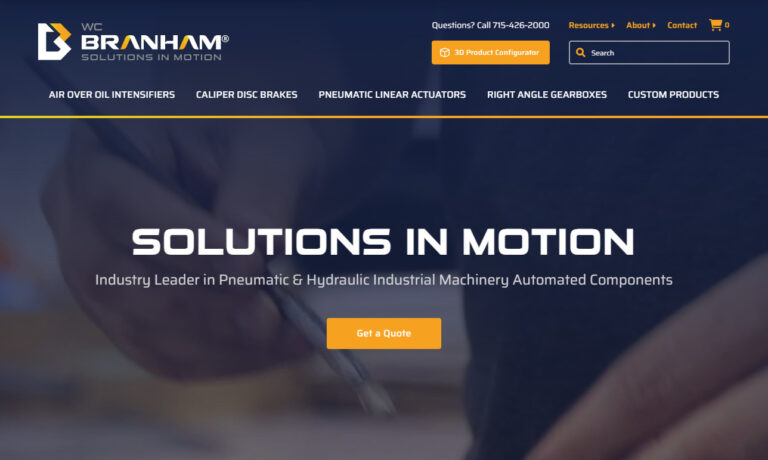
Vehicles – truck plus recreational and specialty vehicles – are our specialty. We produce products to keep these items running. One of the choices in our air products line is air cylinders. 2 1/2” and 3 1/2” stainless steel cylinders and fifth wheel air cylinders are in the offering.

Pneumatic Cylinders & Couplers is a manufacturer of NFPA tie rod aluminum and stainless steel cylinders, pneumatic cylinders as well as special designs to meet unique customer applications. Pneumatic Cylinders & Couplers products are used in the food processing, printing and packaging industries. Visit our website today to view our online catalogs for more information!
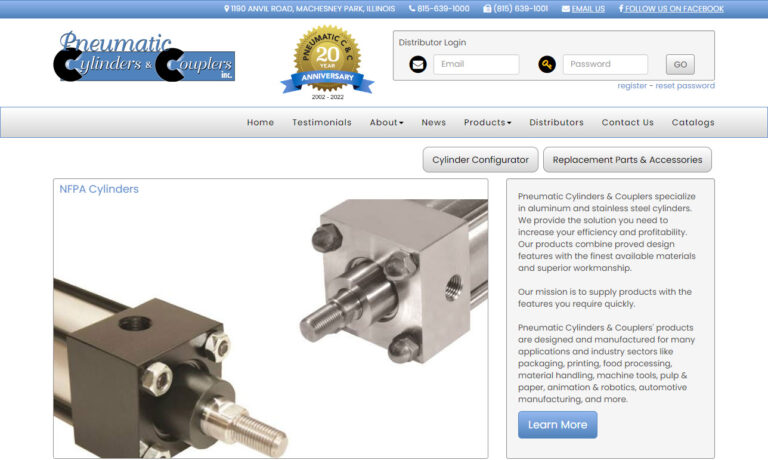
JIT Cylinders designs and manufactures NFPA tie-rod and custom industrial hydraulic and pneumatic cylinders. Bore sizes range from 5/16" to 30" and pressures up to 15,000 psi. With more than 100 years of manufacturing experience, we deliver consistent quality to meet your requirements.

More Double Acting Cylinder Manufacturers
Double acting cylinders are bidirectional pneumatic linear actuators that utilize pressure differentials to convert compressed air energy into mechanical energy. The extension and retraction of a piston rod as a result of the introduction of varied amounts of compressed air into a closed cylinder system is the basic function of all air cylinders.
Unlike single acting cylinders, double action air cylinders offer powered motion in two directions rather than one. The increased mechanical capabilities of this type of cylinder allow its use in a number of industries for variable applications. Automotive, food processing and packaging, metal working, mining, construction, textile and forestry industries all utilize double action cylinder systems as actuators for valves, lift gates, hoists, machines, jacks, motors and doors.
Because these mechanisms use only compressed air to open, close, push, pull and lift products and equipment, they provide an economical and environmentally friendly solution to many mechanical operations. Air cylinders operate with air pressures as low as a few PSI or as high as several hundred PSI.
Additionally, several housing and body types such as tie rod, smooth body, pancake, rectangular, rotating and multiple bore are widely available. These standard and customized options ensure the easy installation and integration of double acting cylinders and their corresponding air sources into pre-existing workspaces.
Despite the many possible double acting air cylinder configurations, the basic construction and process remains relatively uniform. The cylinder itself is a round or rectangular tube-shaped device with both an air inlet and exhaust valve at each end. This cylinder houses one or more pistons with attached rods. A hole through which the piston rod is extended is also needed at one or both ends.
Several seals are placed around the piston head and the airflow valves to ensure that air does not leak in, out or from one compartment to the other causing a loss of pressure and decreased functionality. When the cylinder is in use, compressed air is entered into one side of the cylinder. Working air acts alternately on both sides of the piston face or plunger. When air is entered into one portion it creates linear energy, moving the piston toward the opposite end, which in turn exhausts the opposing air.
This extends the rod, allowing it to fulfill its mechanical purpose. The rod is retracted when air is forced into the opposite end of the cylinder and exhausted from the other. The degree of piston rod extension and retraction correlates with the amount of compressed air entered into the enclosed cylinder shaft.
This length, known as the stroke, is one of the most important considerations when selecting the proper air cylinder for a given application. Additional considerations include the material construct of the cylinder and internal components, pressure range, bore size, mounting options and port size.

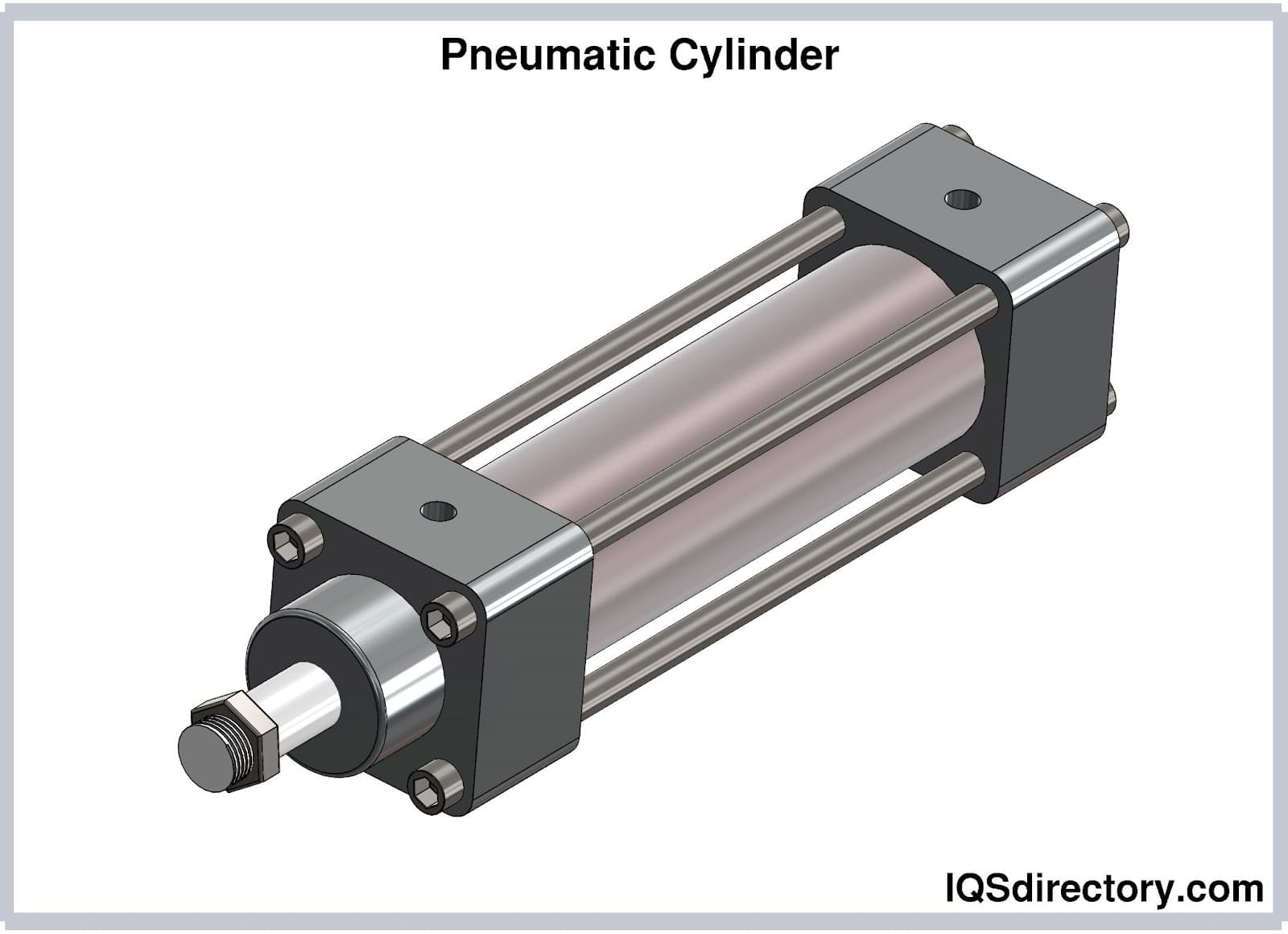
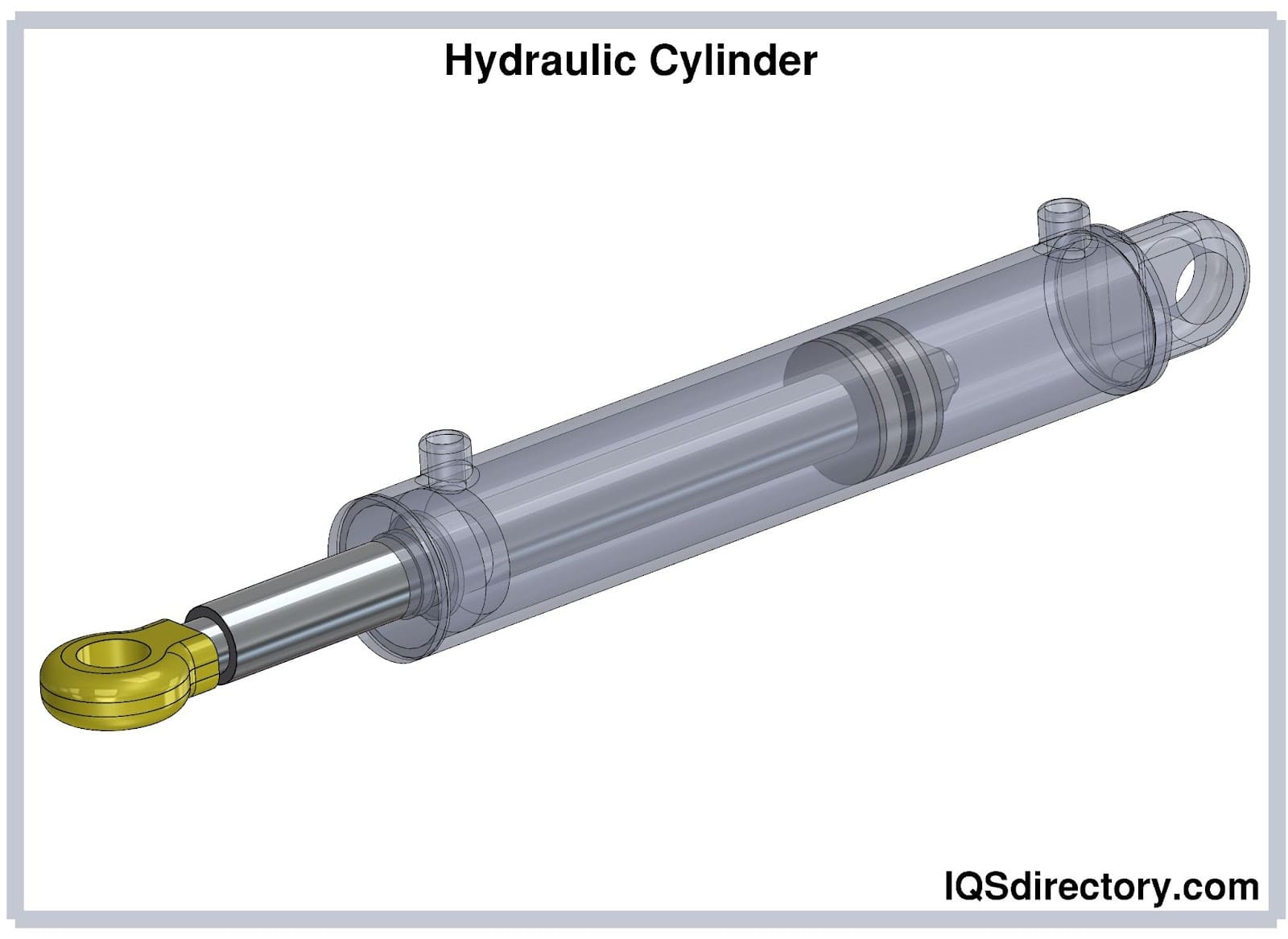
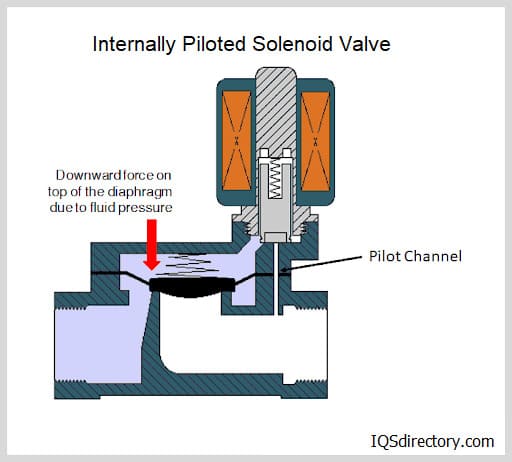
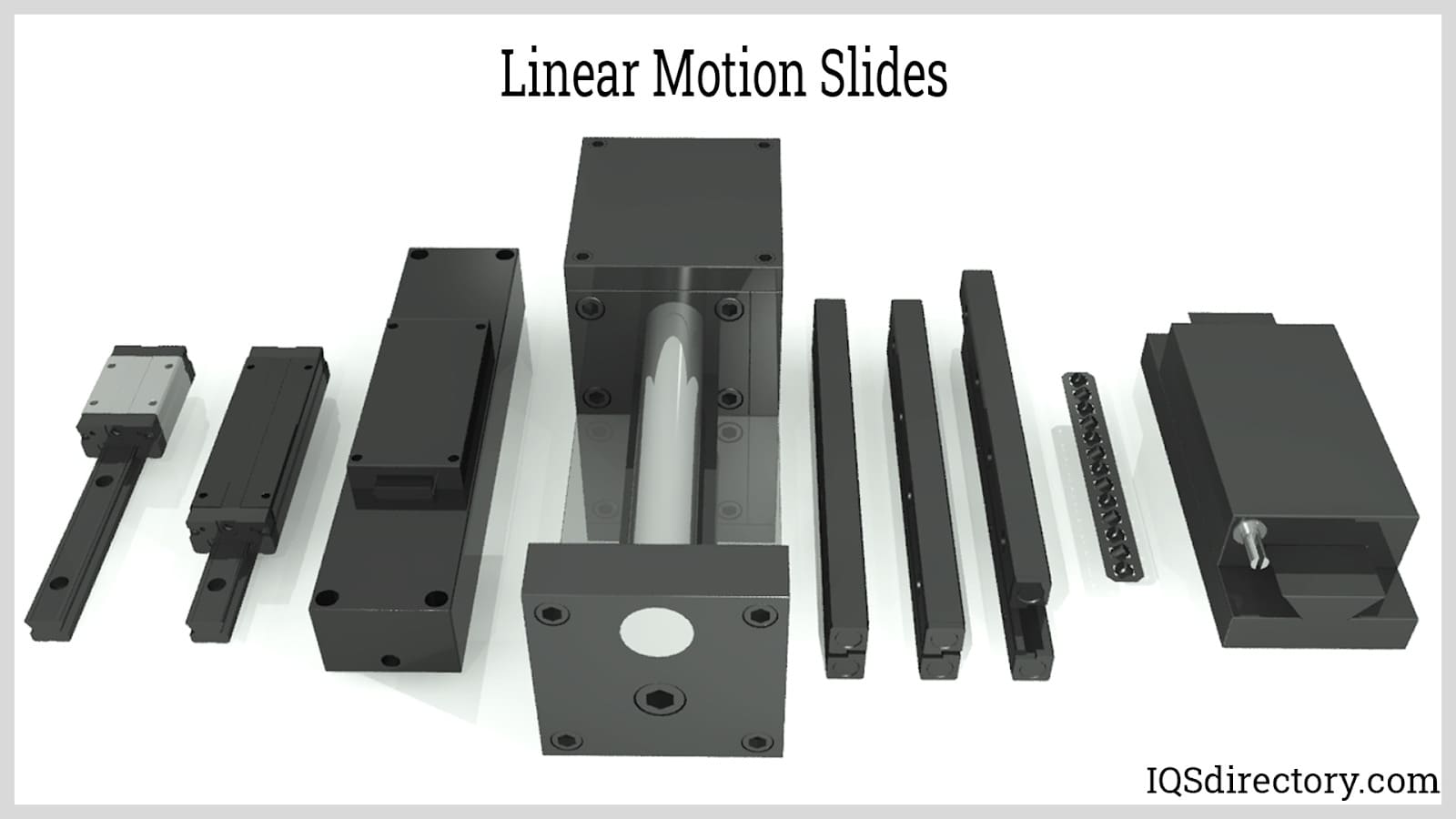
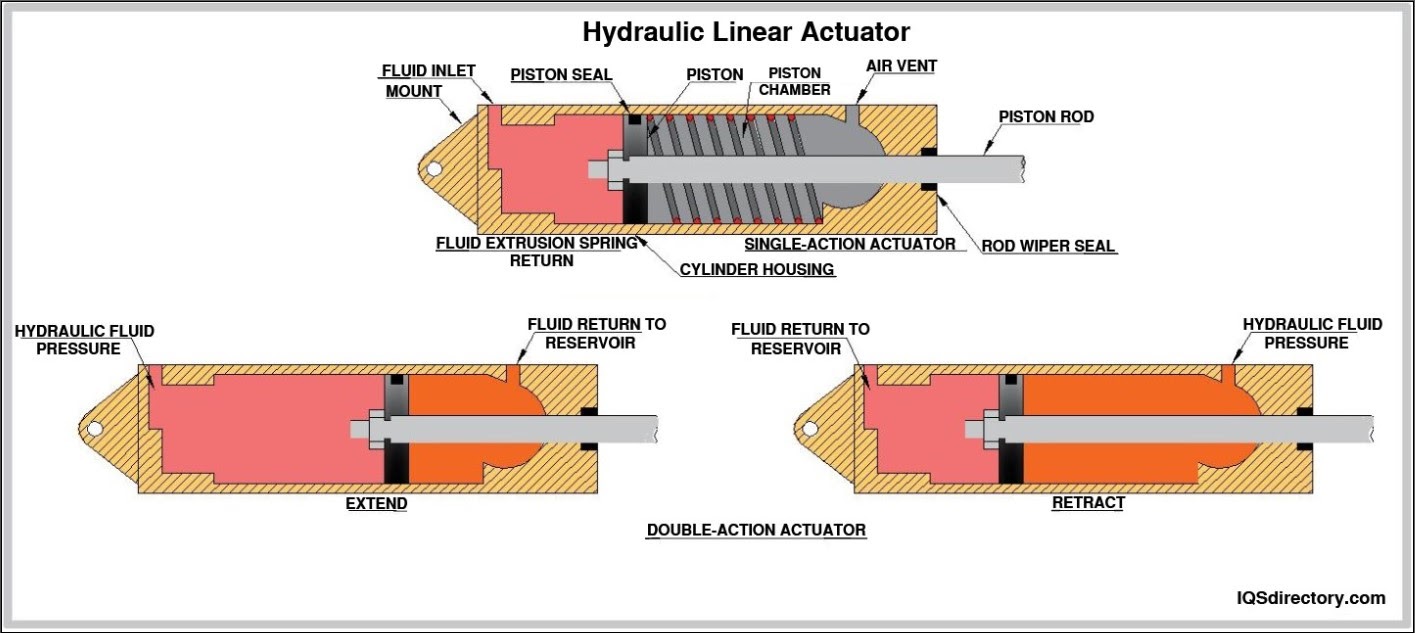
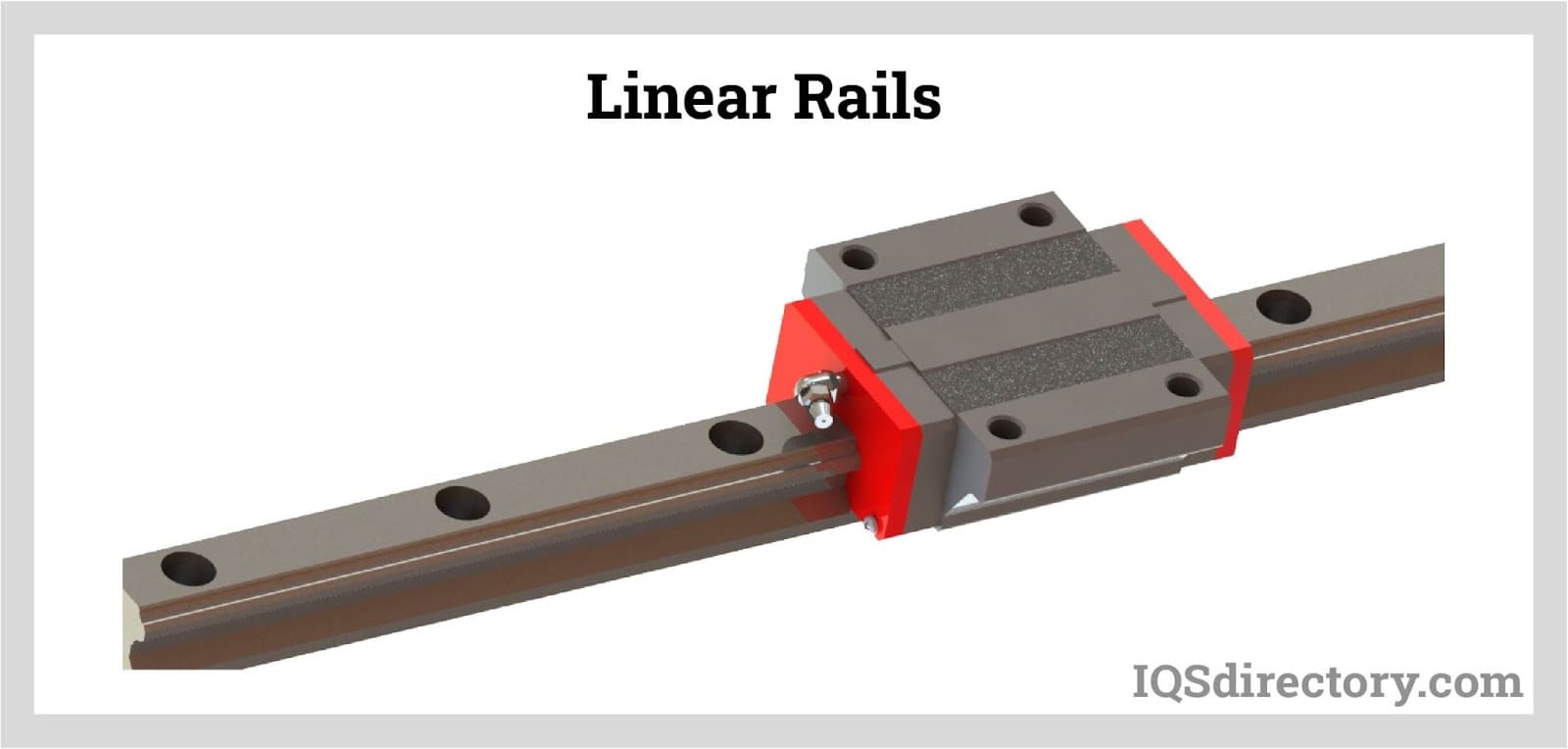
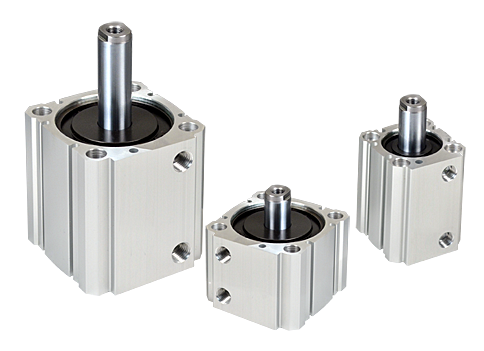 Air Cylinders
Air Cylinders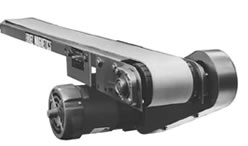 Assembly Machinery
Assembly Machinery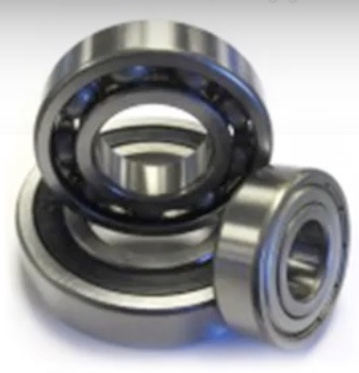 Ball Bearings
Ball Bearings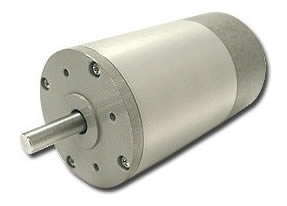 Electric Motors
Electric Motors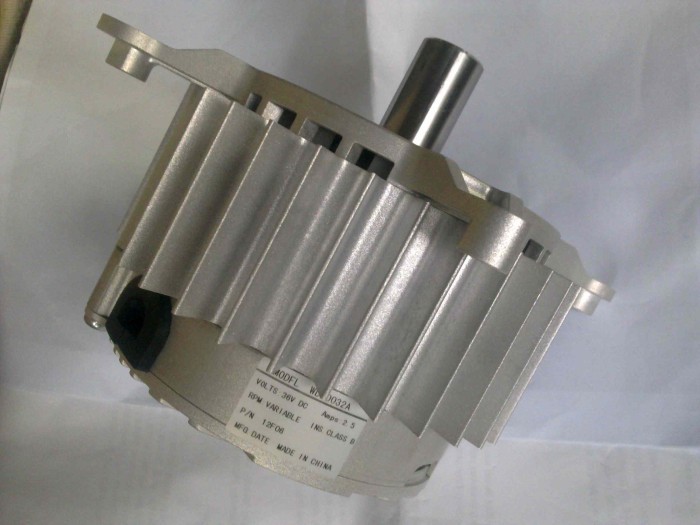 Fractional Horsepower Motors
Fractional Horsepower Motors Friction Materials
Friction Materials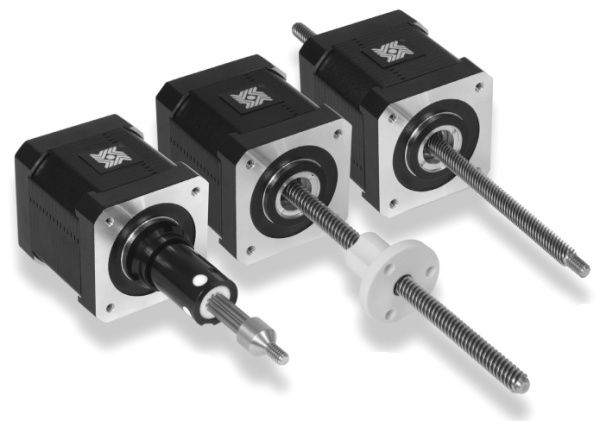 Linear Actuators
Linear Actuators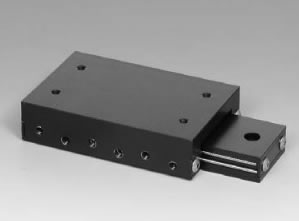 Linear Bearings
Linear Bearings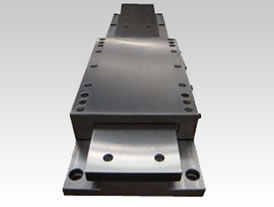 Linear Slides
Linear Slides Castings & Forgings
Castings & Forgings Bulk Material Handling
Bulk Material Handling Electrical & Electronic Components
Electrical & Electronic Components Flow Instrumentation
Flow Instrumentation Hardware
Hardware Material Handling Equipment
Material Handling Equipment Metal Cutting Services
Metal Cutting Services Metal Forming Services
Metal Forming Services Metal Suppliers
Metal Suppliers Motion Control Products
Motion Control Products Plant & Facility Equipment
Plant & Facility Equipment Plant & Facility Supplies
Plant & Facility Supplies Plastic Molding Processes
Plastic Molding Processes Pumps & Valves
Pumps & Valves Recycling Equipment
Recycling Equipment Rubber Products & Services
Rubber Products & Services